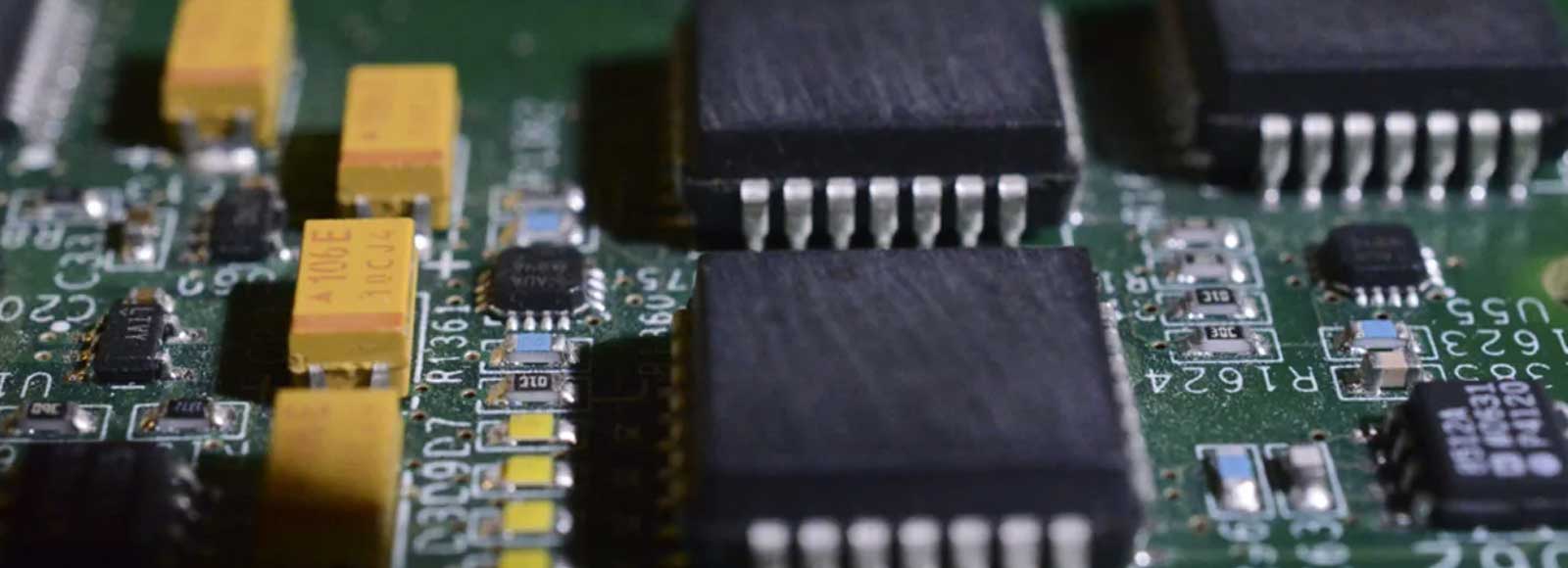Wayne State and UNLV collaborate on NSF-funded project to improve task management in real-time systems

The scope and complexity of real-time computation is increasing as safety-critical systems such as autonomous vehicles become more prevalent. A fundamental challenge is enabling the execution of multiple computational tasks upon shared hardware and memory resources, optimizing prioritization of these tasks and minimizing delay.

Researchers from Wayne State University and the University of Nevada Las Vegas are taking on this challenge with a project in which they will develop a novel system design and analysis framework called PARSEC (Parallel and Real-Time Multicore Scheduling for an Efficiently-Used Cache).
Nathan Fisher, professor and interim chair of computer science, and Abusayeed Saifullah, associate professor of computer science, are the principal investigators on behalf of Wayne State, which received $570,016 of a total $1,175,341, four-year National Science Foundation grant. UNLV’s investigators are Corey Tessler and Prashant Modekurthy, both of whom received their doctorates in computer science from Wayne State.
“Safety-critical computing systems, such as autonomous driving or avionic control, have strict timing requirements; for instance, they have to process sensor data in time to detect a collision with another vehicle,” said Fisher. “However, most computing hardware has difficult-to-predict components such as cache memory that make it incredibly hard to guarantee that such timing requirements are met. PARSEC takes direct aim at this challenge by increasing the predictability of safety-critical software systems executing upon hardware with cache memory.”

PARSEC will have the capability to explicitly manage how contending tasks share memory resources and verify that timing requirements are met. The framework will have open-source availability to facilitate wide public distribution.
This project is intended to produce safer, more efficient designs of time-sensitive systems, particularly those operating on shared processors and memory. There is potential as well to reduce demands on power and fuel in safety-critical systems, resulting in a positive environmental effect.
The award numbers for this NSF grant are 2211640, 2211641 and 2211642.